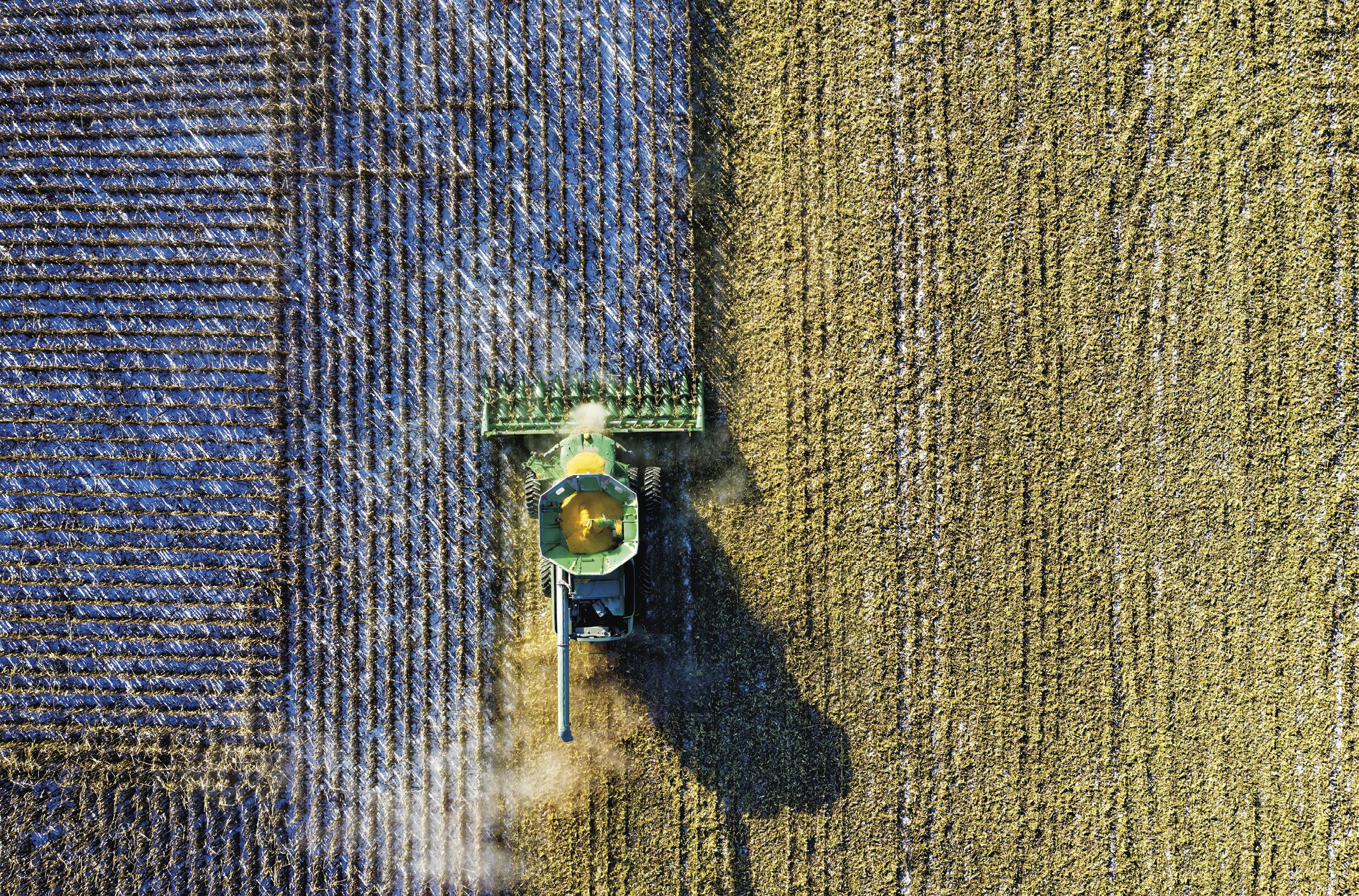South Africa’s agricultural sector stands at a dynamic and promising juncture, writes Mbali Nwoko
In an era marked by geopolitical turbulence and the fracturing of traditional alliances, South Africa’s agricultural sector is charting a distinct and arguably more resilient course. Eschewing the allure of exclusive partnerships, the nation is strategically cultivating a diverse network of international relationships, recognising that true strength in the global marketplace lies not in singular allegiances but in a broad tapestry of trade and goodwill. This pragmatic approach, particularly in the context of China’s burgeoning interest, positions South Africa as a savvy player with a keen understanding of the evolving global landscape—viewing new opportunities as avenues for expansion, not replacements of established foundations.
The data paints a clear picture of this strategic wisdom. In 2024, the global agricultural import landscape was a complex web, with China absorbing a significant 9%, closely followed by the United States at 10%. Beyond these giants, established economies like Germany, the UK, Netherlands, and France, alongside emerging players, demonstrated the multifaceted nature of global demand. South Africa’s robust export performance in the same year, reaching a record US$13.7 billion with a commendable 3% year-on-year growth, underscores the success of its diversified approach. The fact that these exports are strategically spread across the African continent (44%), Asia and the Middle East (21%), the European Union (19%), and the Americas (6%), with the remainder distributed globally, highlights a deliberate resilience built upon multiple market access points.
The nuances within these export destinations further validate this strategy. The African market’s demand for staples provides a stable base, while the growing appetite from Asia and the Middle East for diverse products like beef and wool adds another layer of opportunity. The European Union and the UK, with their preference for high-value horticultural goods, offer avenues for premium exports. This varied demand profile acts as a natural hedge against regional economic fluctuations and shifting consumer preferences, a testament to the foresight of South African agricultural policy.
The burgeoning interest from China represents a significant inflection point. While the potential for increased trade with the world’s second-largest agricultural importer is undeniable, South Africa’s approach must be measured and strategic. The real gains will materialise not just from expressed interest, but from tangible actions such as the dismantling of import tariffs and the removal of phytosanitary barriers that currently impede the flow of certain South African goods. This necessitates proactive and sustained engagement from South African policymakers, coupled with a reciprocal commitment from China to facilitate smoother trade. Despite its significant import volume, South Africa currently accounts for a modest fraction of China’s agricultural suppliers, highlighting the untapped potential for growth through reduced trade friction. The existing strong trade in sectors like wool demonstrates the strategic importance of this market and the potential for significant expansion across other agricultural products.
South Africa’s path forward should be one of steadfastly nurturing existing relationships while actively pursuing new horizons. This endeavour must be driven by a spirit of collaboration and mutual benefit, focused on building a robust network of enduring partnerships rather than seeking to disrupt established global trade flows.
Beyond the macro-level strategic considerations, a tangible pulse of optimism resonates within the South African agricultural sector itself. The robust performance of agricultural machinery sales provides a compelling indicator of current health and future prospects. Consecutive months of increasing tractor sales, culminating in a 5% year-on-year rise in April 2025, and a remarkable 77% surge in combine harvester sales during the same period, speak volumes about the confidence of South African farmers.
This surge in investment in essential farming equipment is underpinned by favourable weather conditions and the anticipated strong performance of the 2024-25 harvests. While the heavy rains experienced in some regions present potential challenges to crop quality, the overarching expectation of substantial yields, evidenced by the Crop Estimates Committee’s forecast of a 16% increase in summer grain and oilseeds production, is fuelling this positive sentiment. This rebound follows a period of more subdued activity, a natural correction after strong sales between 2020 and 2023, coupled with the impact of a mid-summer drought in the previous season and prevailing high-interest rates. The current easing of interest rates and the natural cycle of machinery replacement further contribute to this encouraging trend.
Looking ahead, a confluence of global and domestic data releases will provide critical insights into the near-term trajectory of South African agriculture. Global reports from the USDA on US crop progress and world supply and demand will invariably shape the international agricultural landscape. Domestically, Statistics South Africa’s labour force data will be crucial in monitoring employment trends within the sector. The progress of the maize, soybean, sunflower seed, and wheat harvests, alongside food price inflation figures and SAGIS’s trade data, will offer a real-time snapshot of the sector’s momentum.
In conclusion, South Africa’s agricultural sector stands at a dynamic and promising juncture. Its strategically diversified approach to international trade positions it uniquely to navigate the complexities of the global environment. The encouraging signals from agricultural machinery sales reflect an underlying optimism and a tangible capacity for growth.
As the nation continues to cultivate its global connections and nurture its domestic productivity, a keen eye on key data and a steadfast commitment to collaborative partnerships will be paramount in ensuring a resilient and prosperous agricultural future for all stakeholders. The path forward is one of thoughtful cultivation, both of international relationships and the fertile ground that underpins the nation’s agricultural wealth.
Mbali Nwoko is a commercial farmer, agri entrepreneur, and advocate for agricultural advancement.

